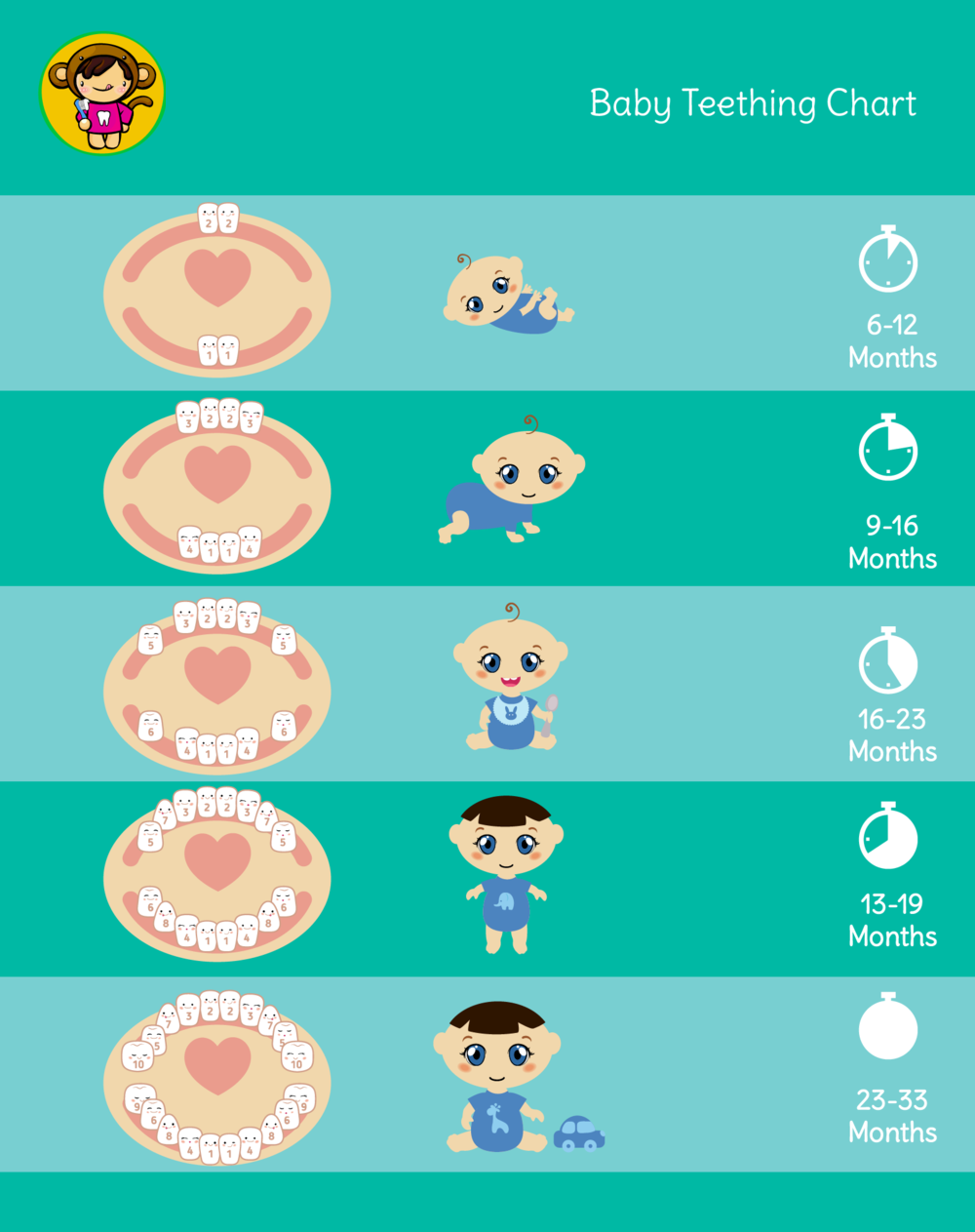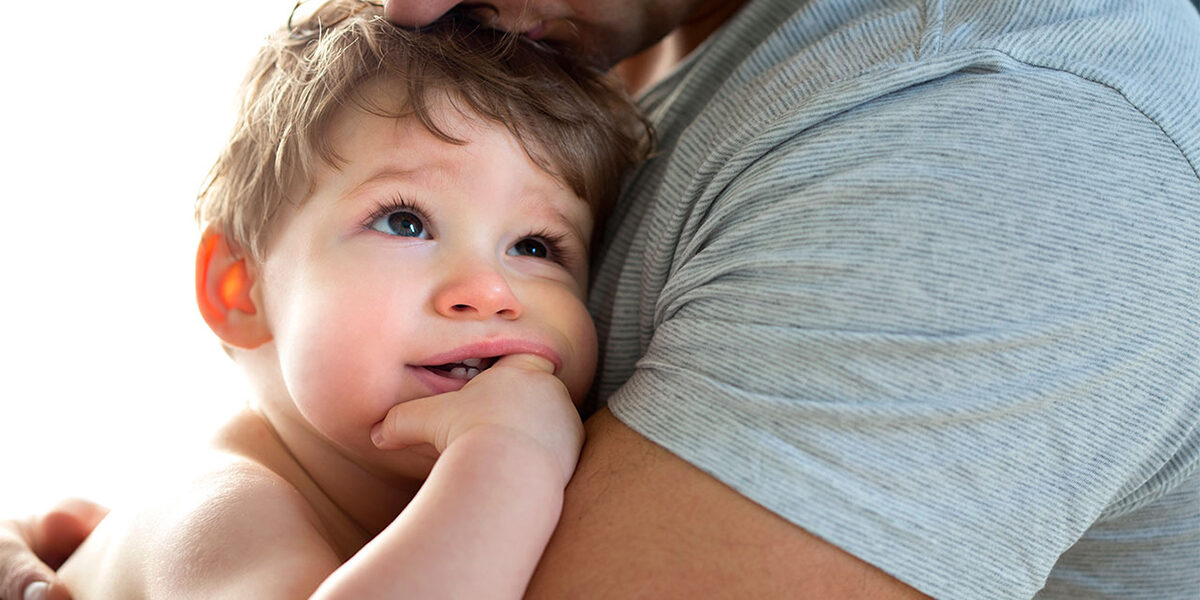5 Things to Know About Baby Teeth
Your infant has accomplished an important milestone in their development when their gummy smiles change to toothy smiles. The development of your baby’s mouth and teeth depends on those newly erupted baby teeth.
Baby tooth emergence
What are the benefits of baby teeth?
Your kid’s mouth is prepared for their permanent teeth by their baby teeth, also known as primary teeth. Baby teeth have additional purposes in addition to making adorable smiles.
They support effective chewing and eating. Food is reduced to digestible, bite-sized bits during the chewing process.
These are essential for your child’s speech development. When primary teeth are healthy, well-spaced and aligned, your child is better able to form words and speak clearly.
They serve as placeholders for permanent teeth and help guide them onto place as they start coming in.
We all hope for good health and a lifetime of smiles for our children. Here are some important facts and tips to keep those baby teeth healthy and prevent harmful dental problems for years to come.
Infant chewing teeth
Timeline of Baby Tooth Eruption
Baby Teeth Emergence
As your infant begins teething, commonly referred to as primary tooth eruption, their first set of teeth erupts through the gums. Teething often starts at the age of six months. However, teething can begin at any point between the ages of three and twelve months, which is completely natural.
Timeline of tooth eruptions
Baby teeth start forming before babies are born. Tooth buds begin growing during the second trimester. Once babies are born, the roots grow, and the teeth are pushed up until they break through the gums.
Most babies have 20 total baby teeth by the time they are three years old.
Every baby goes through teething in a different way. While some infants appear to be in severe discomfort, others show no symptoms at all. Your baby may experience a variety of typical teething signs, including:
~ Drooling
~ Irritability
~ Gum swelling or redness
~ Ear rubbing Facial rash
~ Mild temperature
~ Sucking or biting

There are several things you may try to help reduce your child’s discomfort and anguish if they are having a hard time while teething. Offer them a chewable object to play with, such as a sturdy teething ring made of rubber or a cool washcloth that has been chilled in the refrigerator (not the freezer). By releasing the tension created by the new teeth pressing up, chewing is beneficial. You can use a clean finger or a damp gauze pad to gently massage your baby’s gums.
If your child is eating solids, offer chilled foods, like applesauce, pureed peaches or yogurt. Make sure to give lots of extra snuggles and kisses to help reassure and distract them.
If your baby exhibits these symptoms and they don’t go away or seem to worsen, please
Moreover, you can avoid cavities by:
In between meals give your child healthful snacks instead, such as cheese, yoghurt, or fruit.
Don’t feed your child too much juice. Juice should only be given to young children at mealtimes and should not exceed 6 ounces per day, according to the American Academy of Pediatrics.
Juice should never be consumed by infants under six months of age.
If your child uses a pacifier, make sure it is clean and that you don’t sweeten it with honey or sugar.
Make a quick appointment with your Oakstone Dental if you notice any white spots appearing on your child’s teeth. A dental problem is frequently detected by a white spot.







